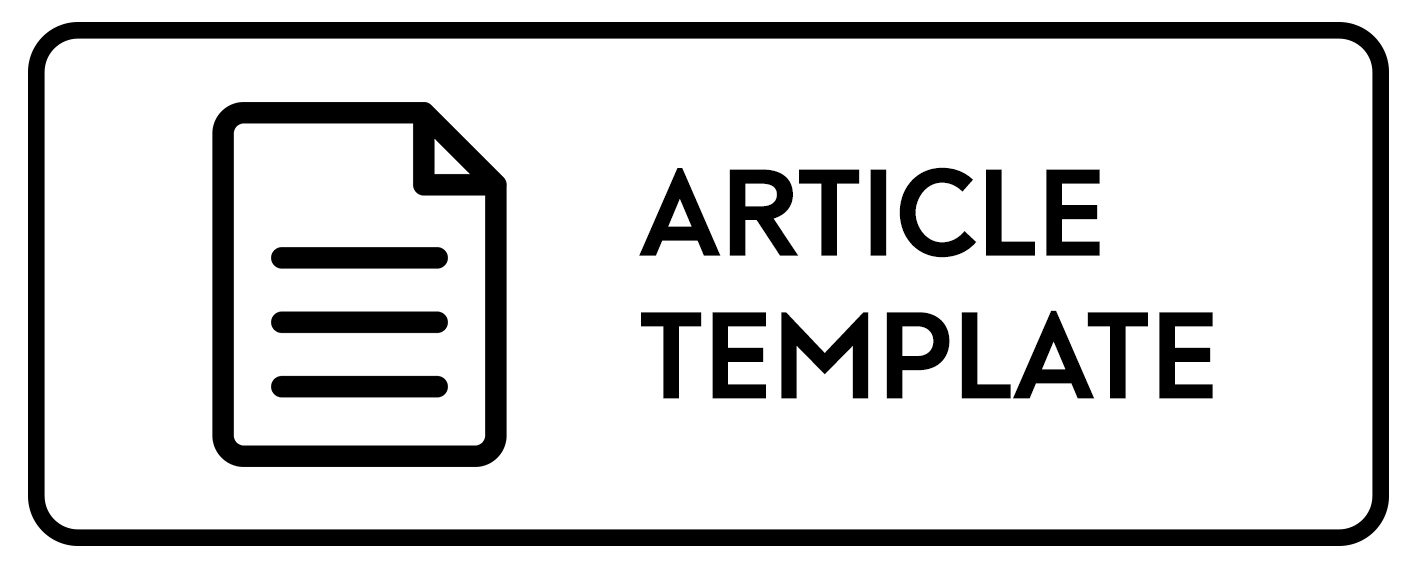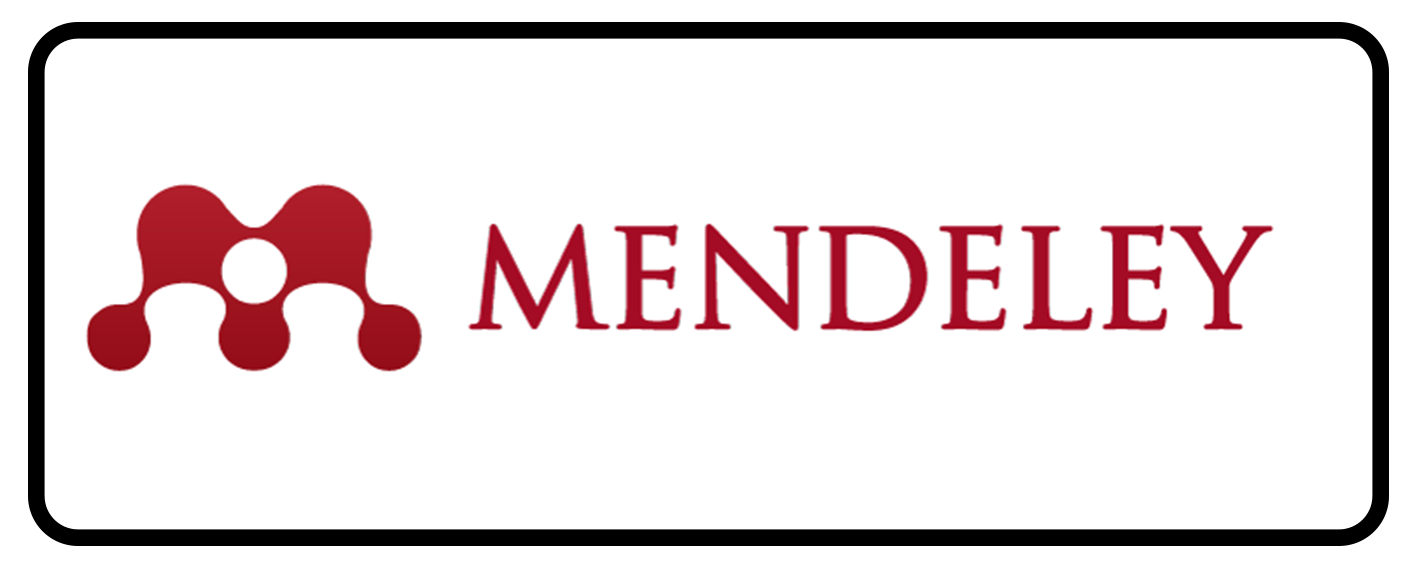CONVERSATIONAL IMPLICATURES OF INDONESIA LAWYERS CLUB PROGRAM ON TV ONE
Abstract
This study deals with the conversational implicatures on Indonesia Lawyers Club program on TV One. The objectives of the study are (1) to observe the types of maxim violation potentially cause conversational implicature, (2) to ascertain the maxim violation that dominantly causes conversation implicatures, (3) to give the reasons of the dominant type of violation that causes conversational that causes conversational implicatures on Indonesia Lawyers Club program by using Gricean Theory of Cooperative Principle. The study is conducted by qualitative content analysis. The findings of the study are, (1) there are four types of maxim violations as maxim of quantity, maxim of quality, maxim of manner, and maxim of relevance, (2) the dominant type of maxim violation appeared is maxim quantity and (3) the reasons of the dominant type deal with, to show up pain and core of the problem to the audience, to save one face, to defend certain group and blame the government.
Keywords: conversational implicature, cooperative principle, maxim violation, Indonesia Lawyers Club
Full Text:
PDFReferences
Anneke, H.T & Natalia, H. 2008.The Multiple Violations of Conversational Maxims in Lying Done by the Characters in Some Episodes of Desperate Hosewives Volume 10 No.1 June 2008.
Ary, D., Jacobs, L.C. et al. 2010.Introduction to Research in Education. Canada: Cengange Learning.
Austin, J. L & Searle, J. 1962 .How to Do Things with Word. Oxford: Oxford University Press.
Bach, K. and Harnish, R. 1991. Linguistic Communication and Speech Acts. Cambridge, MA: MLT Press.
Budiyanto, O. 2009.The Deviations of Conversational Implicature on Gus Dur`s Humors. Vol.8 No.2October,2009. Yogyakarta: State Universiy of Yogyakarta.
Crowley, D., and Mitchell, D. 1994. Communication Theory Today.Oxford: Blackwell Publishers.
Cruse,D.A. 2000.Meaningin Language: An Introduction to Semantics and Pragmatics. New York: Oxford University.
Cutting, J. 2002.Pragmatics and Discourse: A Resource Book for Students. Routledge: London and Newyork.
Dahar, R.W. 1989. Teori-teori Belajar.Jakarta: Erlangga.
Davis, W. A. 1998. Implicature: Intention, Convention, and Principle in the Failure of Gricean Theory, Cambridge: Cambridge University Press.
Fisher, B. A. 1986. Teori-teori Komunikasi. Penyunting: Jalaludin Rakhmat, Penerjemah: Soejono Trimo. Bandung: Remaja Rosdakarya.
Gazdar,G. 1979. Pragmatics: Implicature, Presupposition and Logical Person. England: Academic Press.
Grice, H.P. 1975. Logic and Conversation. New York: Academic Press.
-------------. 1981. Presupposition and Conversational Implicature in Radical Pragmatics. New York: Academic Press.
-------------. 1994. Studies in the Way of Words. Cambridge: Cambridge University Press.
Gunarwan. 1994. Pragmatik. Jakarta: Lembaga Bahasa Unika Atmajaya Jakarta.
Haiyan Wang. 2011. Conversational Implicature in English Listening Comprehension. Journal of Language Teaching and Research Volume 2 No.5 September 2012.
Hsieh, H.F. & Shannon, S.E. 2005.Three Approaches to Qualitative Content Analysis.Newbury Park, CA: Sage
Hutchby,I. 2006. Media Talk: Conversation Analysis.
Mustafa, S. 2000. The Interpretation of Implicature: A Comparative Study Between implicature in Linguistics and Journalism. Journal of Language Teaching and Research Volume 1 No.1 January 2010 (Online.Accessed on July 23rd 2012). Finland: Academy Publisher.
Nanda, S. , Sukyadi, D et al. 2012. Conversational Implicature of the Presenters in Take Me Out Indonesia. Indonesian Journal of Applied Linguistics Volume 1 No.2. Jakarta: Indonesia University of Education.
Suhartono. 2010. Interpersonal Function of the Implicatured Utterances in Indonesian Informal verbal Discourse Volume 3 No.2 May 2010.Surabaya: State University of Surabaya.
Vivanco, V. 2006.Implicatures and Explicatures in English and Spanish Commercial Messages : Pragmatic Level Versus Semantic Level. GEMA Online Journal of Language Studies Vol.6 No.2.Polytechnic University of Madrid.
Marrying, Philipp.2000. Qualitative Content Analysis. Forum Qualitative Sozialforschung / Forum: Qualitative Social Research, 1 (2), Art. 20, .(Online.Retrieved on June, 07th 2012).
DOI: http://dx.doi.org/10.30872/calls.v1i2.690
Copyright (c) 2017 Indah Sari Lubis

This work is licensed under a Creative Commons Attribution-ShareAlike 4.0 International License.
Editorial address:
Fakultas Ilmu Budaya, Universitas Mulawarman
Address: Jl. Ki Hajar Dewantara, Gunung Kelua, Kec. Samarinda Ulu, Kota Samarinda, Kalimantan Timur, Indonesia 75123
Email: jurnalcalls@fib.unmul.ac.id
Website: http://e-journals.unmul.ac.id/index.php/CALLS

CaLLs: Journal of Culture, Arts, Literature, and Linguistics site is licensed under a Creative Commons Attribution-ShareAlike 4.0 International License
CaLLs: Journal of Culture, Arts, Literature, and Linguistics indexing by:















